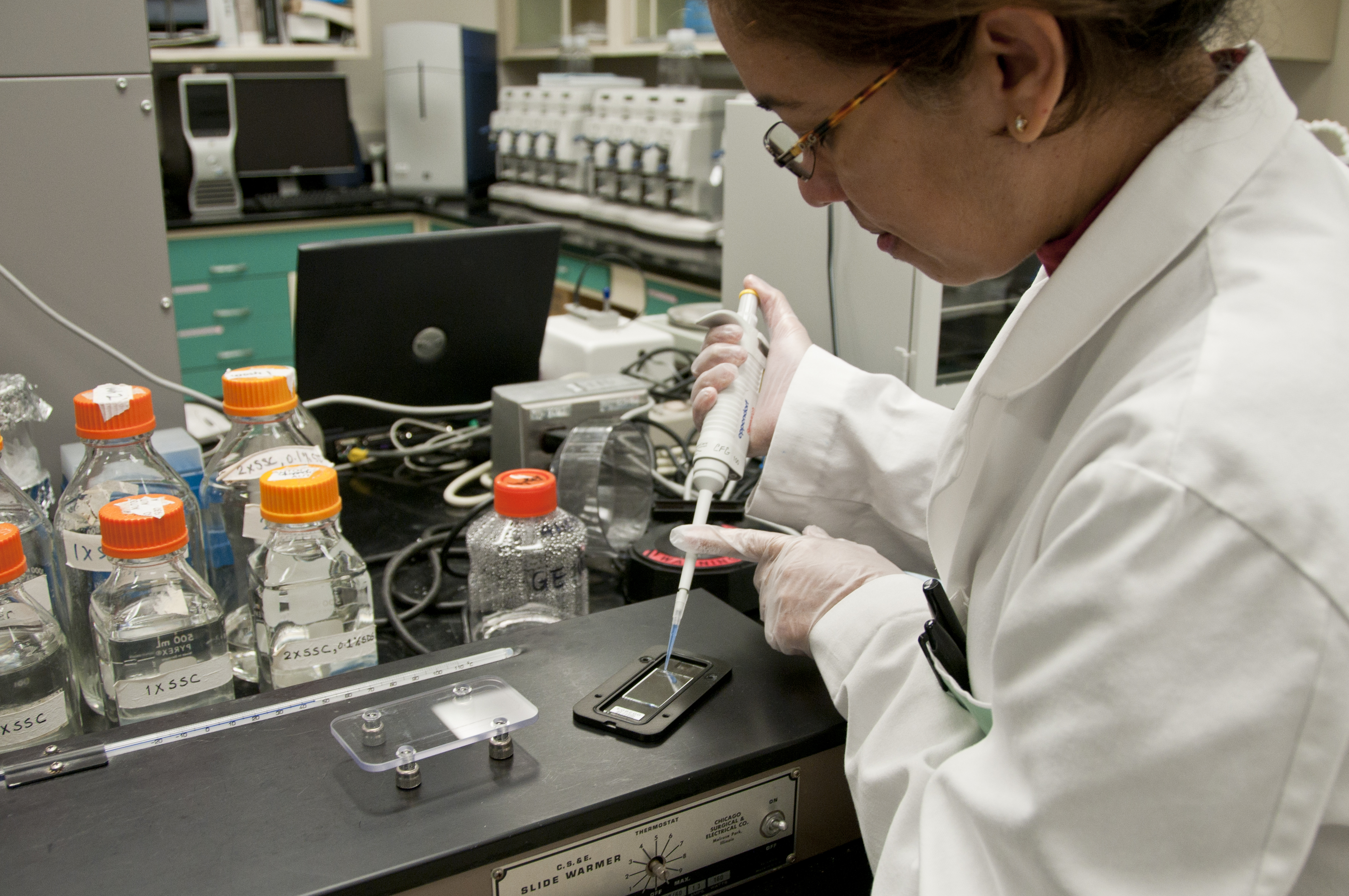
Photo from academic.microsoft.com
The biopsychosocial model of health in a limited life course perspective was tested among students in higher education using data from a nationwide cross-sectional survey of students on track to… Click to show full abstract
The biopsychosocial model of health in a limited life course perspective was tested among students in higher education using data from a nationwide cross-sectional survey of students on track to become teachers in Hungary. Health determinants were grouped into categories of biological, psychological, and social determinants and arranged in a temporal manner from childhood to the present. The model was tested by canonical correlation analysis followed by multivariate analysis of covariance. One composite outcome of health and six determinant groups were examined out of a total of 24 variables in both genders. Separate sets of health determinants were identified for men and women. The health of men was determined by fewer variables that were more proximal in time, more centred around physical activity, and less influenced by social relations. As opposed to that of men, women’s health was influenced by age; determinants were grouped around the ingestion of various substances and social support. In contrast to men, the health of women seemed to be more obviously multifactorial. The study supports the usefulness of the biopsychosocial model of health in research. The best fit models provided evidence for the importance of gender awareness when designing public health interventions aimed at students.
Journal Title: International Journal of Environmental Research and Public Health
Year Published: 2021
Link to full text (if available)
Share on Social Media: Sign Up to like & get
recommendations!